When we draw up a comprehensive estate plan, we are focusing on assets, money, and what we must do in case we are incapacitated. But in my view, this doesn’t encompass widely enough the transfer of values, traditions, and how we want to be remembered. Letting people know these things is of enormous value for loved ones. Ethical wills can also be valuable tools in reconciliation and healing within families.
As a hospice chaplain, I have seen how powerful ethical wills can be. They can bring peace to those facing their last moments and their families. I found ethical wills to be an important way of reviewing someone’s life and communicating their beliefs and experiences to their loved ones, who otherwise may not have known them. I have seen how using an ethical will to communicate these things can bring a family together.
I see ethical wills as the missing piece in traditional estate planning. Conventional estate plans deal with tangible assets and ethical wills deal with intangible things like memories and principles, and give them value.
What is an ethical will?
An ethical will, also known as a legacy letter, is often a document that communicates your values, life lessons, hopes, and dreams to your loved ones. Unlike a legal will that distributes material possessions, an ethical will passes on your spiritual and emotional assets. Ethical wills don’t have to be written letters or documents, they can also be audio or video recordings, emails or digital notes, or even a scrapbook.
The difference between legal and ethical wills
It’s important to understand the distinction between a legal will and an ethical will:
– A legal will concerns the distribution of assets and property.
– An ethical will is about your values. It is not legally binding.
An ethical will can be created as part of an estate plan and unlike a legal will, you can update your ethical will at any time by yourself.
Why I love ethical wills
Ethical wills serve multiple purposes, weaving together the fabric of family legacy and personal growth. They are about leaving words, messages, letters, or instructions to your family that convey your values, your love, your affection, and your directions.
They preserve your legacy by articulating your core values and beliefs for future generations while providing guidance from your life experiences and lessons learned. These deeply personal documents strengthen family bonds. In times of loss, they offer comfort and a lasting connection to you. The process of creating an ethical will also encourage self-reflection, helping you clarify your own values and life purpose.
How to create an ethical will
Creating an ethical will is a deeply personal process, and there’s no one-size-fits-all approach. We have developed a download with some thought-starters to create an ethical will.
Overall, an ethical will is a gift you give your family – a comprehensive estate plan that includes not just ‘here’s my money,’ but ‘here are my values’. It’s a powerful way to ensure that your voice continues to guide, inspire, and comfort your loved ones long after you’re gone.

Hi, Kate ~
Your introduction of Ethical Wills and their value in the wholeness of Estate Planning is appreciated. As one who unexpectedly received an Ethical Will from her father, I came to personally understand their meaning. Professionally, I learned about them years ago while doing hospice nursing, and continue to introduce them when presenting information about Advance Directives. You truly give meaning and value to your clients.
Respectfully,
Karen S White, BSN, RN, MTS, LNC
EmRest Consulting, Legal Nurse Consultant
720.556.0931